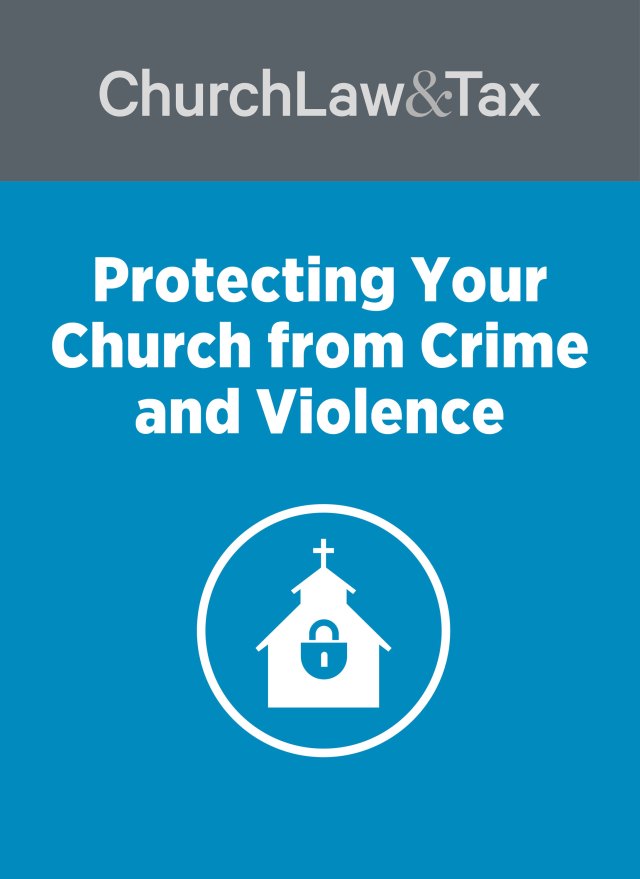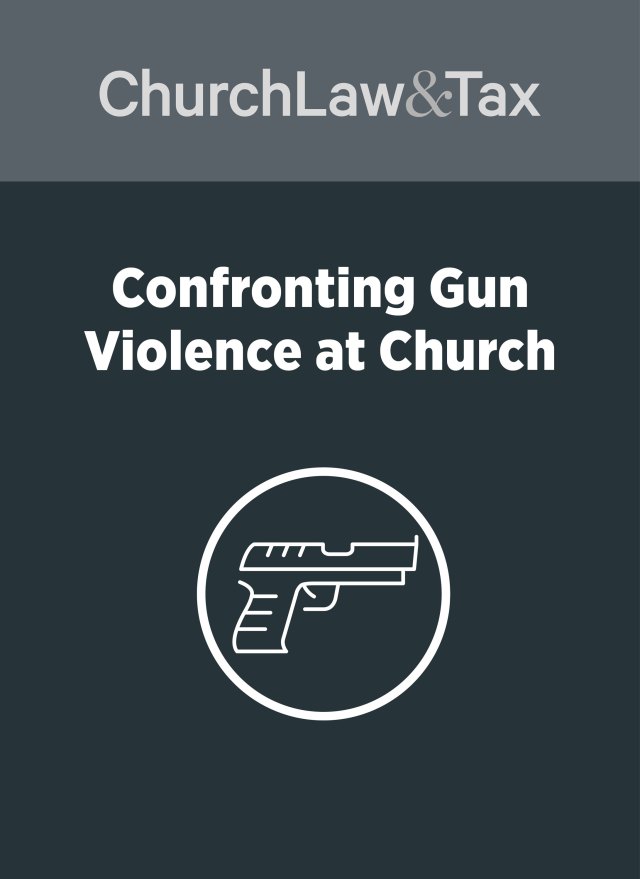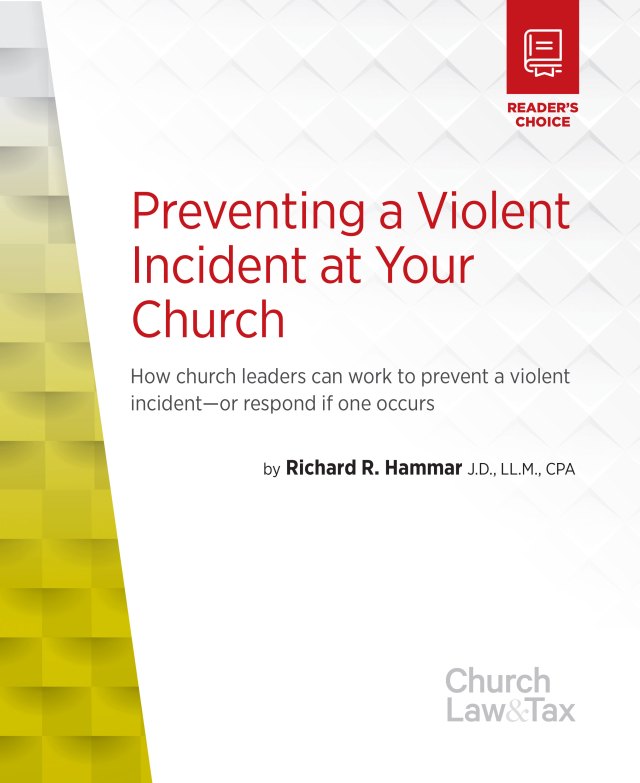No matter which side of the gun control debate you fall on, as someone in ministry at a church, news of gun violence hits close to home. The devastating news of gun violence rank among some of the greatest fears of contemporary church leaders.
So what can your church do in the wake of such a tragedy?
With churchgoers around the country wondering if it’s truly safe to attend services, now is the time to create a security plan at your church—one that addresses active shooters. The best way to do this is by listening and learning.
We can listen to the people in our churches about how they have been impacted by the news of gun violence at church and what kind of actions your church could take to help them feel safe. Some of the thoughts and ideas they have may be worth implementing in your church security plan.
Another important way to learn is to look through your own security plans with your leadership team. Listen to the people on your team, learn from each other, and see if there are any changes you need to make. If you discover there are elements missing from your security plan, then you’ll need to have your team work together to resolve them.
To help your discussion get started, here are five key elements to consider for a security plan:
- Consider armed security on campus. It may seem like a peaceful approach to not allow armed security, but the Department of Homeland Security and the FBI report that in over 95 percent of active shooter incidents, an active shooter doesn’t stop shooting until someone who is armed shows up. In this circumstance, what would your church do? Among the different ways of approaching armed security, attorney Richard Hammar recommends churches use uniformed off-duty police officers.
- Build a proper security team. It’s important to have the right people on your security team: people who have proper training in law enforcement or the military. You’ll also need to conduct proper background checks and training that is specific to your church security plan.
- Develop a church communication plan for a crisis. How much does your church congregation need to know about your security team? They don’t need to know everything, but after national news like this, it is important to let your church members know that you have a plan to keep them safe. It is equally important for them to know what they should to do in case of an emergency on your church campus.
- Plan for different types of critical events. You should have a plan for an active shooter on your church campus and another plan for an active shooter who may be nearby. Many church security plans only cover an active shooter on the church campus, but it’s just as important to have a plan for a nearby active shooter so you can keep the shooter from coming to your campus and keep your church members from inadvertently running into the shooter’s path.
- Don’t overlook domestic violence. The most common active shooter scenarios on church campuses involve a spillover of domestic violence. Thus the most effective active shooter programs for churches will have a specific plan when it comes to domestic violence cases.
- Proper security, training, and communication are all key elements to creating both an active shooter program and a successful church security plan. For more articles and resources to help your church, check out our Creating a Church Security Plan page.





